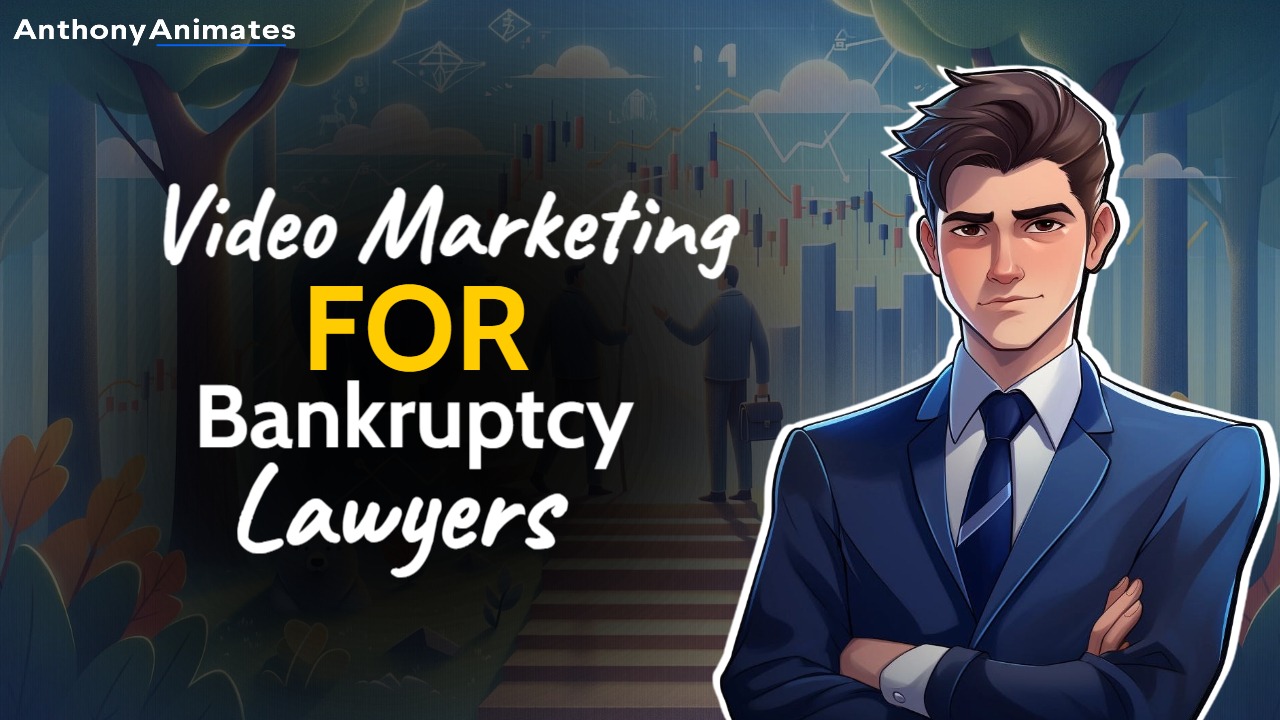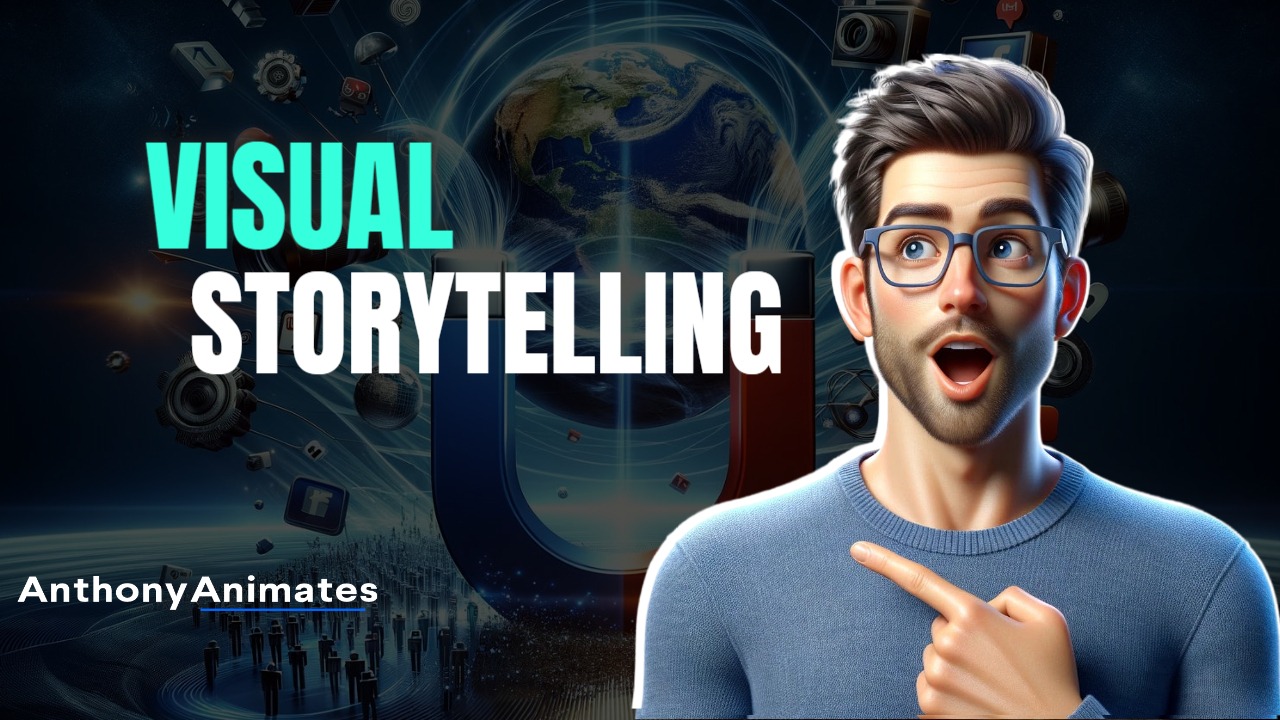If you're a creative professional grappling with career uncertainty, you're in good company. Many creatives face the dilemma of pursuing passion versus seeking stability in an ever-changing job market. This article offers practical strategies to help you pivot successfully while keeping your creativity alive.
Key Takeaways
- Embrace Transferable Skills: Creative professionals possess valuable skills like problem-solving, storytelling, and technical proficiency that can be leveraged across various industries for a successful career transition.
- Explore Diverse Career Paths: Consider opportunities in marketing, education, and business where creative talents can thrive and offer more stability compared to traditional creative fields.
- Balance Passion with Stability: While transitioning to a new career, maintain your passion for creativity through personal projects and seek roles that allow you to infuse creativity into everyday tasks.
Understanding the Need for Career Change in Creative Fields
Creative professionals often find themselves at a crossroads, contemplating a shift in their career paths. The reasons behind this are multifaceted, stemming from both emotional and financial challenges that arise in creative industries.
Emotional Challenges
Leaving a passion-driven career isn't just a professional decision; it's an emotional journey. For many creatives, their work is deeply intertwined with their identity and self-expression. However, when job instability becomes overwhelming or the market feels saturated with talent, it can lead to feelings of disillusionment and anxiety about the future (source). The fear of stepping away from what you love is compounded by uncertainty about what lies ahead. It's not uncommon to feel as though you're abandoning your dreams or letting go of a part of yourself.
Financial Considerations
On the financial front, creatives often face significant pressures that can push them towards more stable career paths. Many creative jobs do not offer consistent income or benefits, which can be daunting when trying to plan for long-term financial security (source). The reality of fluctuating income streams makes it difficult for creatives to sustain themselves without additional support or alternate sources of income. This economic instability is one of the primary drivers for considering a career change, as more traditional roles might provide the financial stability that creative positions sometimes lack.
Identifying Transferable Skills
Despite these challenges, creative professionals possess a wealth of skills that are highly valuable across various industries. Recognizing and leveraging these skills can open doors to new opportunities.
Creative Problem Solving
One of the standout abilities creatives have is problem-solving through innovation and creativity. This skill is highly sought after in fields like marketing, product development, and even tech industries where unique solutions are valued (source).
Communication and Storytelling
Creatives excel at communication and storytelling—skills that are crucial in marketing and public relations roles. Being able to convey messages effectively and engage audiences is an asset that translates well into these fields.
Technical Skills
Moreover, many creatives have technical proficiencies such as software expertise in graphic design tools or video editing software. These technical skills are applicable in numerous settings beyond traditional creative roles, including tech companies and corporate environments where digital proficiency is key.
By identifying these transferable skills, creatives can confidently explore new career paths without feeling like they are starting from scratch. This recognition not only empowers them but also broadens their professional horizons significantly.
Steps to Transition to a New Career
Changing careers, especially for creative professionals, can feel like stepping into uncharted territory. However, with a structured approach, this transition can be both manageable and rewarding. Here’s how you can make the shift smoothly:
Research and Self-Assessment
Before diving into a new career path, it's crucial to do your homework. Start by evaluating your own interests and strengths. Ask yourself what you truly enjoy and where your skills lie. According to Indeed, it’s important to list potential career paths and research their requirements thoroughly.
Consider the earning potential and job market demand for each option. Think about the lifestyle you desire—some careers may offer more flexibility than others. This process not only helps in narrowing down choices but also in setting realistic expectations about what each path entails.
Networking and Mentorship
Building a robust network is key when transitioning to a new career. Networking opens doors to opportunities that might not be publicly advertised and provides insights into industry trends. As highlighted by Forbes, having a diverse network of mentors can significantly enhance your professional journey.
Mentorship plays an equally vital role. A mentor can offer guidance, share their experiences, and help you navigate challenges in your new field. If possible, seek out mentors who have successfully transitioned themselves—they can provide invaluable advice on making the leap effectively.
Skill Development and Education
Once you've identified your desired career path, focus on developing the necessary skills. This might involve taking courses or obtaining certifications relevant to your new field. According to USAGov, understanding the skill set required for your chosen career is essential for success.
Look for online resources or local community colleges that offer courses in areas you're interested in exploring further. Dedicate time regularly to learning these new skills—it’s an investment that will pay off as you transition into your new role.
Balancing Passion and Practicality
Transitioning doesn’t mean leaving behind what you love entirely; it’s about finding balance between passion projects and practical work commitments.
Pursuing Creative Projects
Even if you're stepping away from a creative field professionally, make sure to carve out time for personal projects that fuel your passion. Whether it’s painting on weekends or writing short stories at night, keeping creativity alive helps maintain personal satisfaction.
These projects not only serve as an emotional outlet but also keep you connected with communities who share similar interests—potentially leading back into professional opportunities when circumstances change again.
Finding Creativity in New Roles
Creativity isn’t confined solely within traditional artistic roles—it can be integrated into various professions like marketing or business strategy where innovative thinking is highly valued (check out Anthony Animates' services for inspiration). Look for ways creativity enhances problem-solving capabilities within any role; this mindset ensures every task becomes more engaging while adding unique value wherever applied!
Encouragement and Final Thoughts
Embarking upon this journey requires courage—but remember: adaptability breeds resilience which ultimately leads towards fulfilling stable careers ahead! Embrace changes wholeheartedly knowing they bring growth opportunities beyond imagination!
Stay open-minded yet focused on long-term goals set during initial research phases; trust instincts guiding decisions made along each step taken forward today will shape brighter tomorrows filled promise potential waiting just around corner ready unfold before eyes eager discover anew daily basis!
Embracing Change with Confidence
Transitioning careers as a creative professional is undoubtedly challenging, but it's also an opportunity to grow and explore new horizons. Remember that your unique skills and experiences are valuable assets that can open doors in various fields. By focusing on your transferable skills, networking with industry professionals, and continuing to nurture your creative passions, you can navigate this journey with confidence. Whether you find fulfillment in a new role or discover ways to integrate creativity into different industries, the path forward is filled with potential. Embrace the change, trust in your abilities, and remain adaptable. Your next chapter could be the most rewarding yet—one where stability and creativity coexist harmoniously. Stay resilient and keep pushing forward; the possibilities are endless!
Related Articles
- Hire an Animator for Startup's Success – Explainer Video
- Freelance Animators: A Guide for Startups – Explainer Video Services
- Explainer Video Services Startups | Simplify Your Story
- Explainer Video Services for Startups | Anthony Animates
- My Creative Process
Frequently Asked Questions
How do I know if it's the right time to change my career as a creative professional?
Deciding to change careers involves assessing both emotional and financial factors. If you find yourself feeling disillusioned with your current path or facing consistent financial instability, it might be time to consider a shift. Reflect on your long-term goals, current job satisfaction, and whether your present career aligns with your personal and financial needs.
What are some transferable skills that creatives can use in other industries?
Creative professionals have a range of skills that are valuable in many fields. These include creative problem-solving, communication and storytelling abilities, and technical skills like proficiency in design software. These skills can be particularly useful in industries such as marketing, education, and business.
What new career paths should creatives consider for more stability?
Creatives seeking stability might explore roles in marketing and advertising where their storytelling skills shine. Education offers opportunities to teach or train others using their expertise. Business roles also benefit from creative thinking, allowing for innovative approaches to management and strategy.
How can I balance my passion for creativity while transitioning to a more stable career?
Maintaining personal creative projects is key to balancing passion with practicality. Even if your new role isn’t traditionally creative, look for ways to infuse creativity into everyday tasks. This could involve problem-solving creatively or developing innovative strategies in business settings.
What steps should I take first when considering a career change?
Begin by researching potential careers and conducting a self-assessment of your interests and strengths. Networking is crucial—connect with professionals in fields you're interested in, and seek mentorship from those who have successfully transitioned careers themselves. Additionally, focus on skill development through courses or certifications relevant to your new path.


